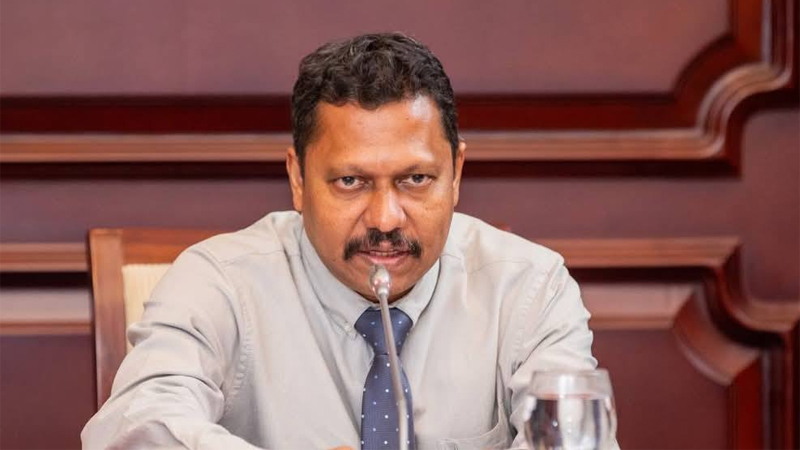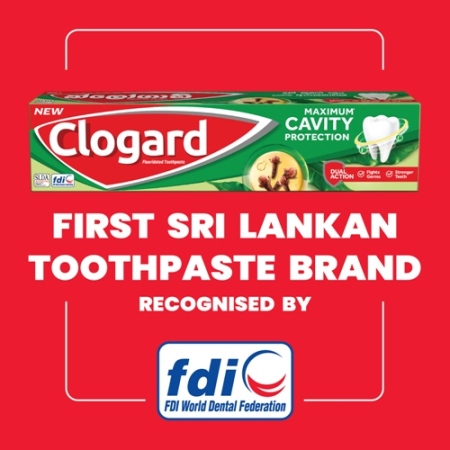Deputy Health Minister Dr. Hansaka Wijemuni said yesterday that there is no shortage of commonly prescribed medicines in State-run hospitals, despite mounting concern over drug availability.
Responding to criticism from health trade unions including the Government Medical Officers Association (GMOA) and Opposition politicians over reported shortages, Dr. Wijemuni said supplies of essential medicines — such as those used to treat high blood pressure, diabetes and other chronic conditions — remain “uninterrupted” in Government healthcare institutions.
“There is no shortage of regular medicines. The drugs most frequently prescribed to the public are available in hospitals,” he said.
However, he acknowledged that the availability of certain other medications had been affected by strains in global supply chains which were affected by the pandemic. This, he said, was not a new issue, but a problem that has troubled the health sector for several years.
He said that the Ministry of Health is implementing a set of measures to resolve all pharmaceutical supply bottlenecks by 2026.
He called upon Opposition politicians not to exploit the situation for political mileage, and added that the Government is taking “all necessary steps” to ensure that patients are not affected by intermittent shortages.
He said the Government would work to ensure greater transparency in the procurement and distribution of medical supplies. A full report on the current status of pharmaceutical supply lines is expected to be released by the Ministry later this month.
The GMOA earlier reported a shortage of several essential medicines, including painkillers, antibiotics, and medications for high blood pressure, diabetes, and kidney diseases.
The Association’s media spokesperson, Dr. Chamil Wijesinghe, said that there is a shortage of about 180 essential medicines in the central drug store. He also highlighted a prolonged scarcity of a critical cancer medication, which has led to limitations in patient treatment.







